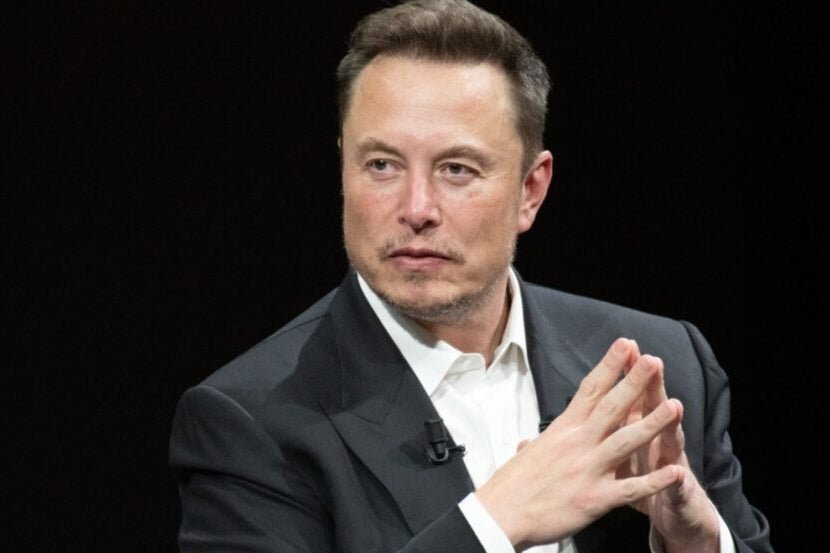French President Emmanuel Macron has proposed the issuance of joint European debt to finance critical sectors such as defense and technology. This move aims to ensure Europe’s sovereignty in the face of increasing competition from the United States and China.
Speaking at the World Economic Forum in Davos, Macron suggested the introduction of Eurobonds for priority areas including defense and technology. He cited Estonia’s proposal for Eurobonds to fund defense and Ukraine as examples of such priorities. The European Council President, Charles Michel, has also previously mentioned defense bonds and emphasized their importance.
Macron’s proposal comes at a time when the European Union is grappling with the need to strengthen its defense sector and arms production, particularly in light of the ongoing conflict in Ukraine and uncertainties surrounding US support.
The French President highlighted the need for increased investment in areas such as artificial intelligence, chips, space, and defense. He stated that the next few years will be crucial for Europe to determine its sovereignty.
Macron also stressed the importance of creating a single capital market to stimulate private investment. He expressed his willingness to negotiate with a smaller group of countries if the entire EU fails to make progress on this front.
Macron’s call for joint European debt comes at a time of significant shifts in France’s political landscape. Just days before his Davos address, Macron’s government saw a reshuffle with the resignation of Prime Minister Elisabeth Borne and the appointment of Gabriel Attal, the youngest person to assume the role of France’s second-highest office. Amidst these changes, Macron’s push for Eurobonds and increased public investment aligns with his broader pro-business approach and indicates a strategic focus on bolstering France and Europe’s global competitiveness.
The proposal for joint European debt is significant as it could provide a mechanism for European countries to pool resources and invest in critical sectors. It could also serve as a tool to enhance Europe’s economic and technological capabilities, reducing dependence on external powers.
However, the proposal is likely to face challenges from countries that are reluctant to take on additional debt or share their fiscal sovereignty. It will require extensive negotiations and consensus-building among EU member states.
Overall, Macron’s proposal for joint European debt to finance critical sectors demonstrates his commitment to strengthening Europe’s sovereignty and competitiveness. It remains to be seen how this proposal will be received by other EU member states and whether it will gain traction in the coming months.





